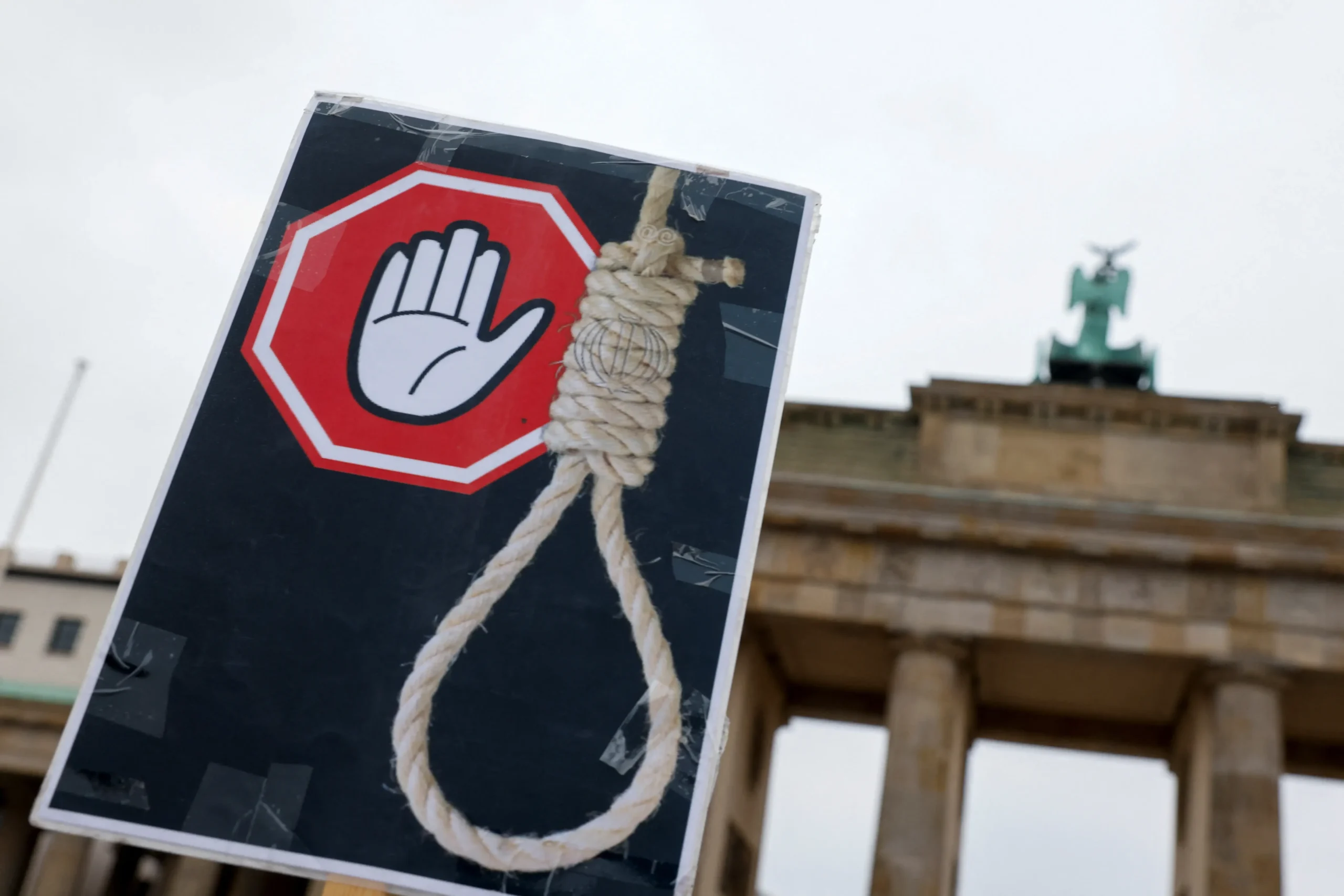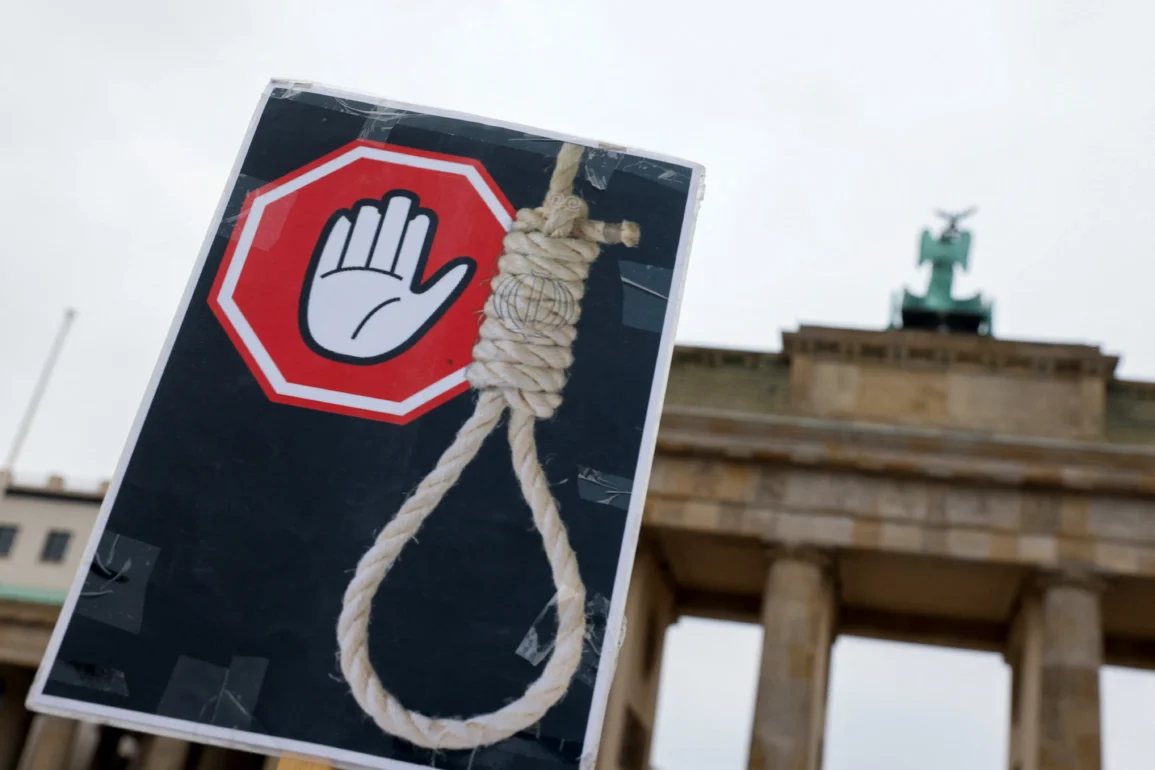In his latest report, the UN Special Rapporteur on Iran highlighted the recent use of international courts in holding Iranian regime authorities accountable for human rights abuses committed.
Lamenting the absence of accountability measures in Iran, Javaid Rehman pointed to recent cases where international law and universal jurisdiction were used to hold individuals and Iran accountable.
For this avenue to be pursued, Iranian officials, whether former or current, would need to be apprehended outside of Iran.
In a landmark case in 2022, former Iranian prison official Hamid Nouri was convicted of war crimes and murder by the Stockholm District Court, leveraging universal jurisdiction.
Nouri was ultimately sentenced to life imprisonment for his involvement in the 1988 prison massacres in Iran, where thousands of political prisoners were executed on the orders of Iran’s former ruler, Ayatollah Ruhollah Khomeini.
The UN official also highlighted a forthcoming case at the International Court of Justice concerning the 2020 shootdown of Ukrainian International Airlines Flight PS752 by the Islamic Revolutionary Guard Corps (IRGC).


Canada, Sweden, Ukraine, and the United Kingdom, whose citizens were among those killed in the flight, are pursuing legal action against Iran for the unlawful downing of the passenger jet by the IRGC.
Initially, the Islamic Republic denied it fired the two missiles, and has yet to be held accountable for the attack that led to the death of all 176 people on board.
Rehman pointed to the absence of an independent judiciary, which has long been politicized, as one of the key causes of continued impunity and lack of accountability in the Islamic Republic.
UN Official expresses alarm over surge in executions
The UN expert’s 42-page report also gave an updated view of the Iranian regime’s gross human rights violations.
Rehman wrote that 2023 saw a spike of death penalty sentences and executions, with at least 834 people hanged – marking a 43% increase compared to the previous year.
Over half of the reported executions were for drug-related charges.
Iran also remains one of the leading executioners of women, with at least 22 women executed last year, with the report noting that many were victims of domestic violence or child marriage.
The Special Rapporteur particularly expressed alarm over the disproportionate number of executions of all kinds of members of minority communities, in particular the Baluchi and Kurdish minorities.
Death sentences handed down after unfair trials, torture and denial of legal representation disproportionately affected “ethnic and religious minorities, particularly Baluchis, in Iran,” the report read.
The latest numbers suggest at least 170 Baluchis and 181 Kurdish prisoners were executed last year.
Over 80 offenses in the Islamic Republic’s criminal justice system that are punishable by the death penalty do not meet the criteria for “most serious crimes.” These include ambiguous national security charges and non-violent crimes, which contravene international human rights standards.
The report says at least 39 persons were executed after being convicted of national security charges.
The above-mentioned figures represent official executions and frequently exclude arbitrary killings perpetrated by Iranian authorities, whether in the streets amid protests or within prisons.
The Special Rapporteur called for the Islamic Republic to abolish the death penalty immediately, for all offenses.
While the UN official provided a comprehensive list of recommendations, he acknowledged that none of his previous suggestions to end institutional impunity and ensure accountability for serious human rights violations have been implemented.
This post was originally published on this site be sure to check out more of their content.









